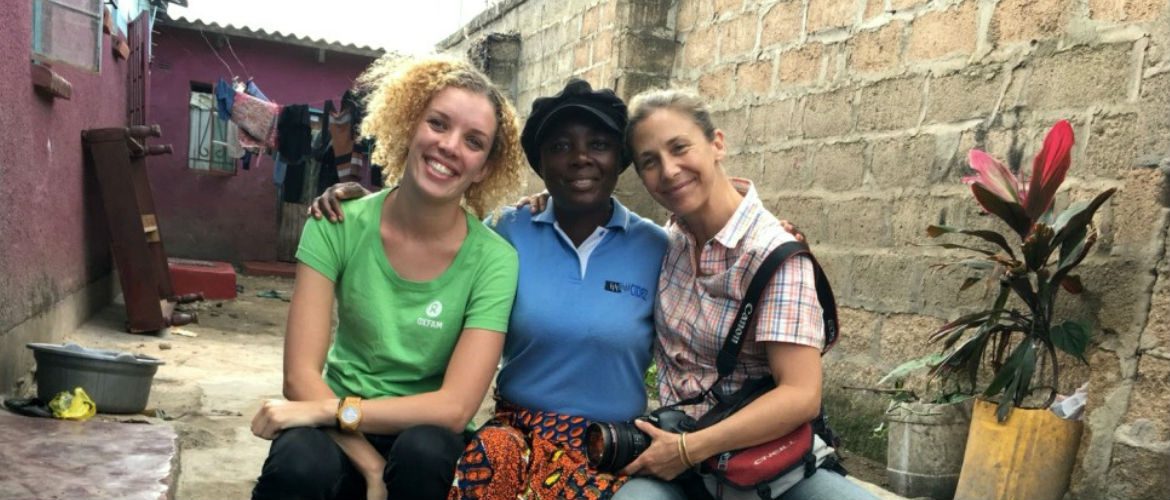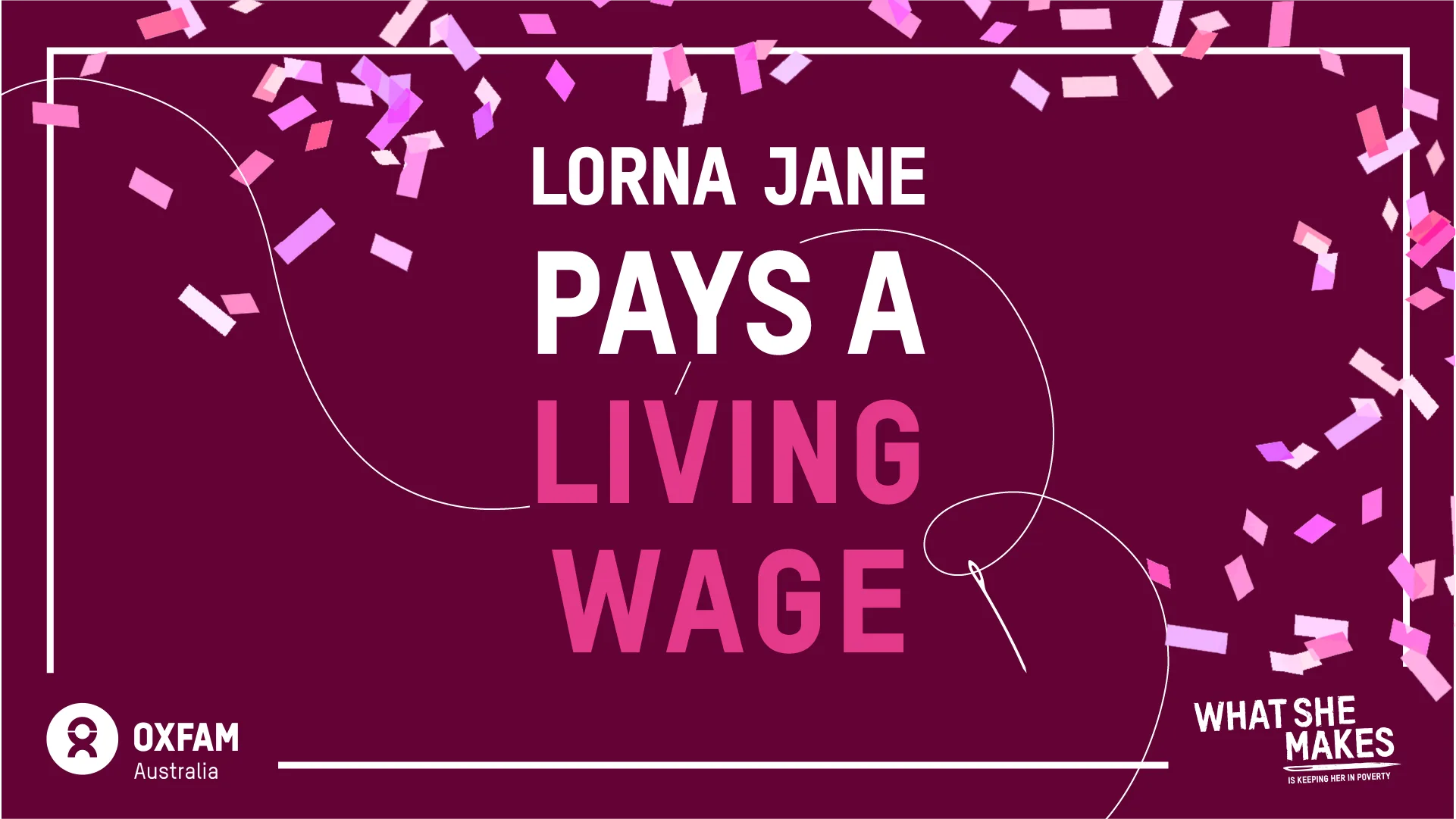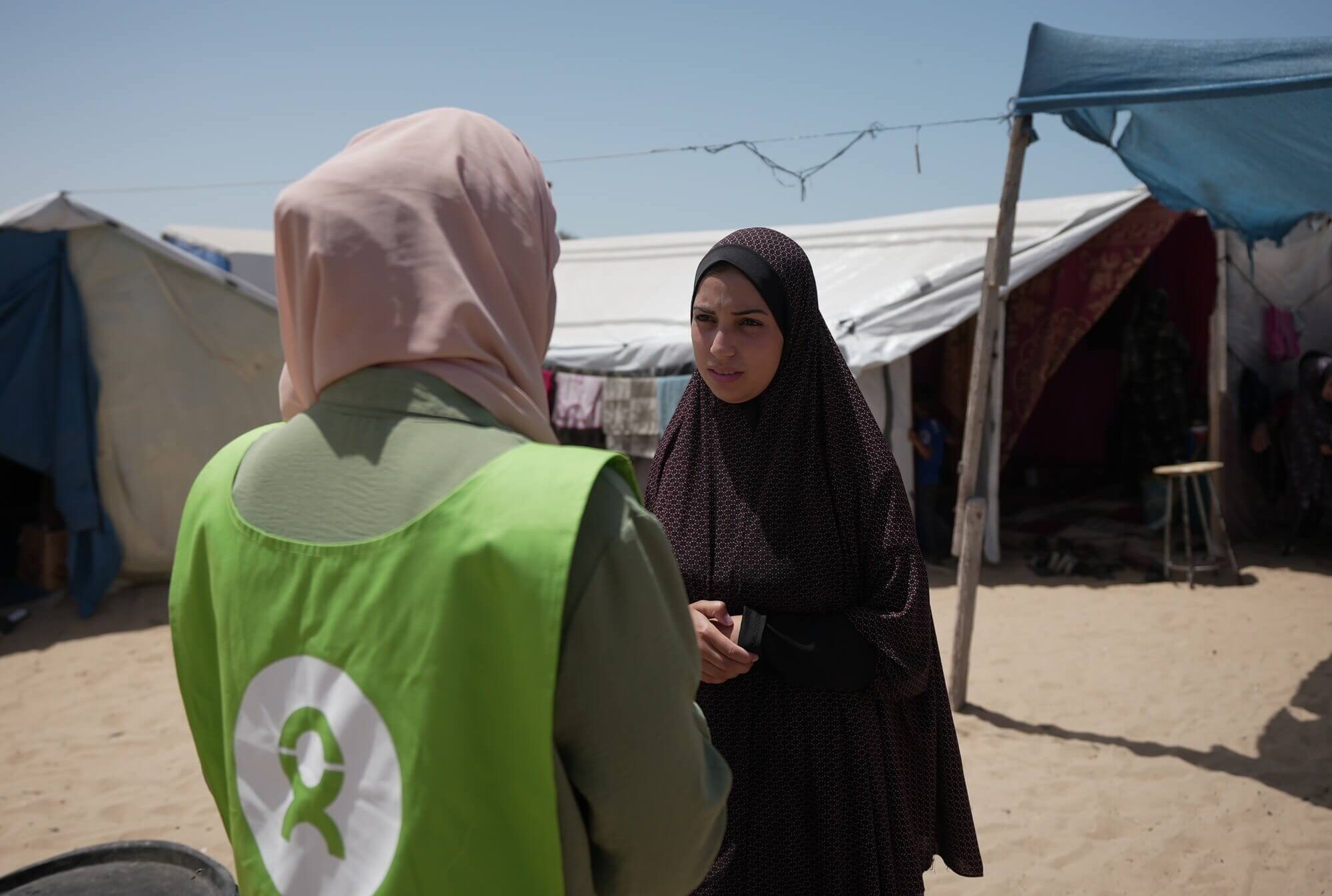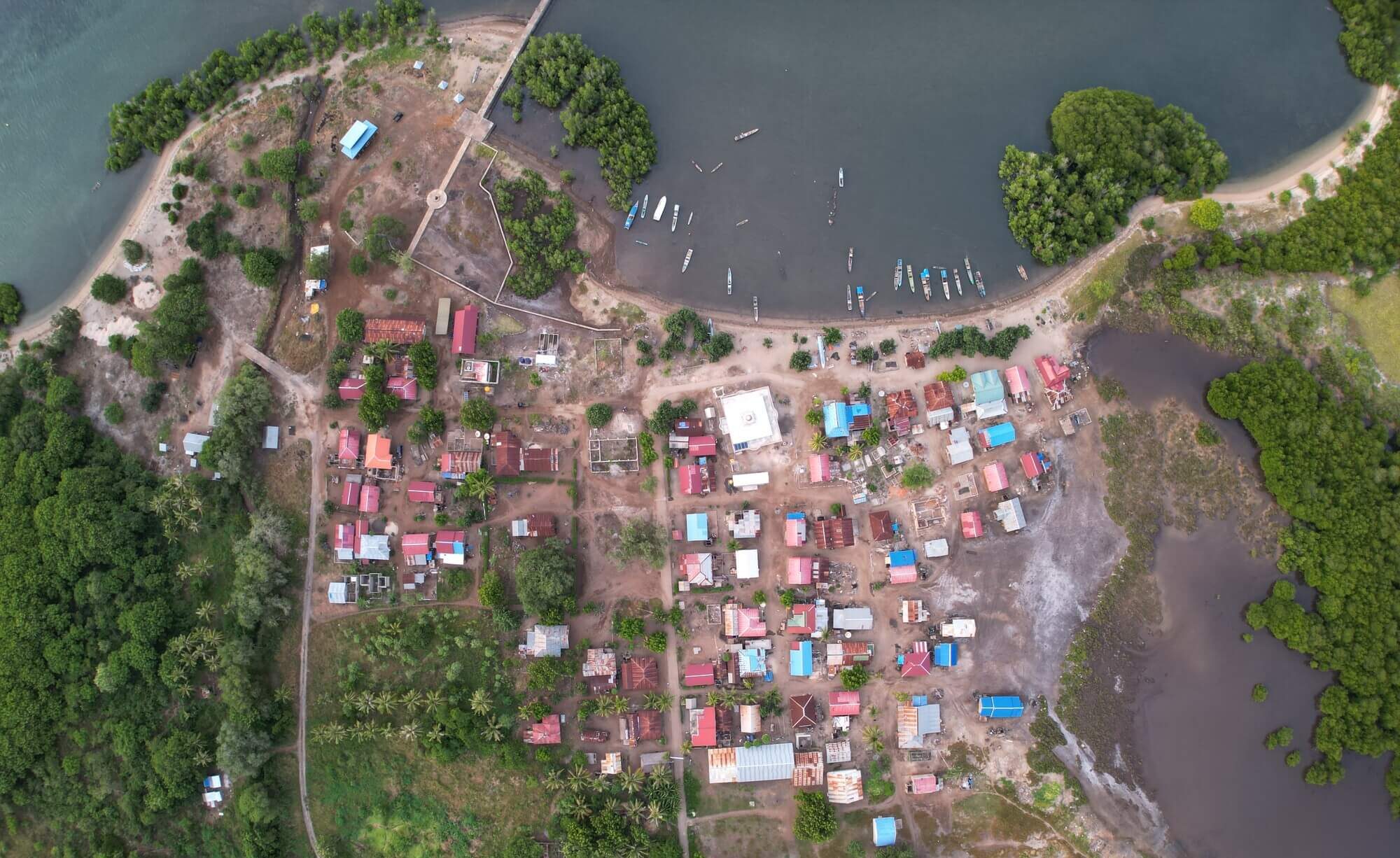I want to tell you about the strong women I met in Zambia, and how they fight to keep cholera from taking their loved ones. I want to tell you what it’s like to live where these women do.
I met strong women like Irene, a volunteer community health worker; Priscilla, a mother who spends six hours a day collecting water that isn’t save to drink; and Dorothy, an Environmental Health Technician who leads a team that collect cholera patients for treatment and also arrange safe burial for those who don’t survive.
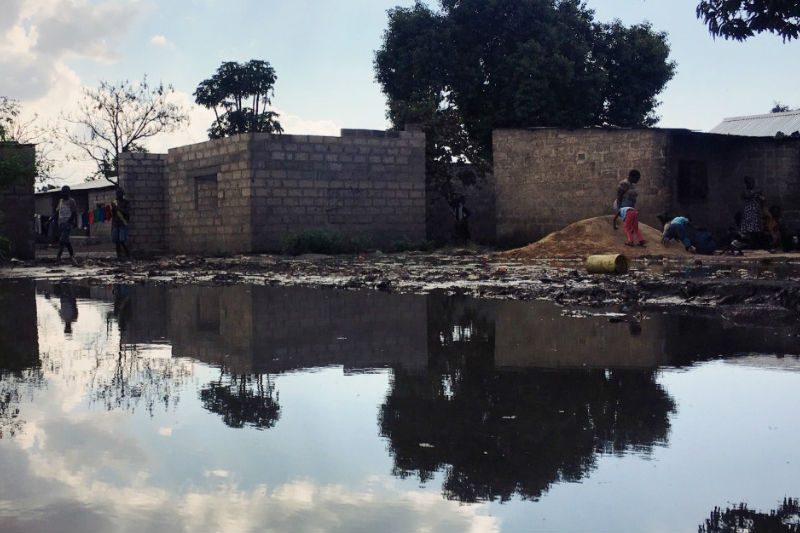
Irene, Priscilla and Dorothy live and work in Zambia’s capital, Lusaka, amid densely populated settlements where 90% of people don’t have clean water. There are so few toilets here: about one toilet for 75 people.
Because these areas are unplanned, there are no sewerage or water systems in place, so families often make simple pit latrines near their homes and collect water from shallow wells. When the rainy season starts, the water rises and so do the contents of these latrines. All the water sources become contaminated and deadly diseases like cholera take hold. In the last rainy season, more than 5,900 cases of cholera reported.
Priscilla showed me where she collects water: a shallow, hand-dug well with pale, milky-brown water. I was shocked to see the water the family would be using for drinking and cooking that night. She told me that it often makes the family sick.
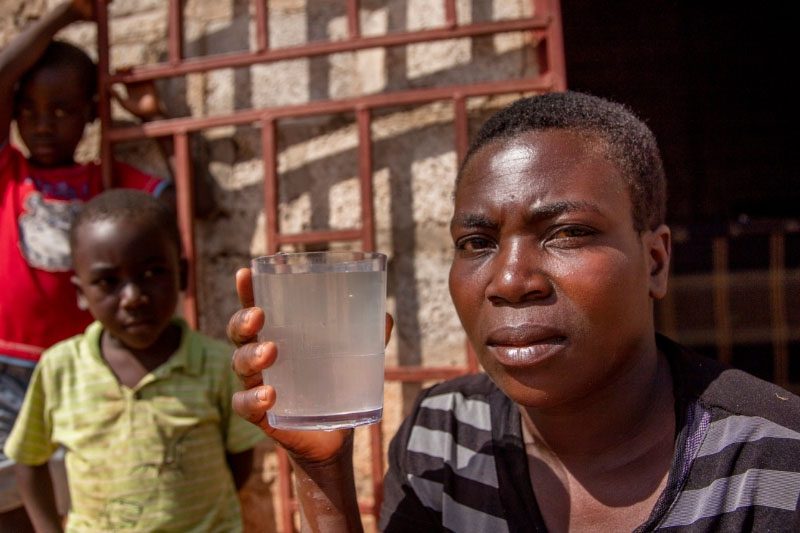
Was she worried? Yes.
“Of course,” Priscilla said, “but when you have no choice you learn to accept a lot more.”
“We think about [cholera] a lot but we don’t have a lot of options so what can we do?
“We want or desire that our children don’t suffer with water like we do now ourselves. They should live well and have water that will not make them sick … Our children should wake up with water nearby where they can just turn on the tap.”
Priscilla shared her story with me, hoping it would reach caring people just like you.
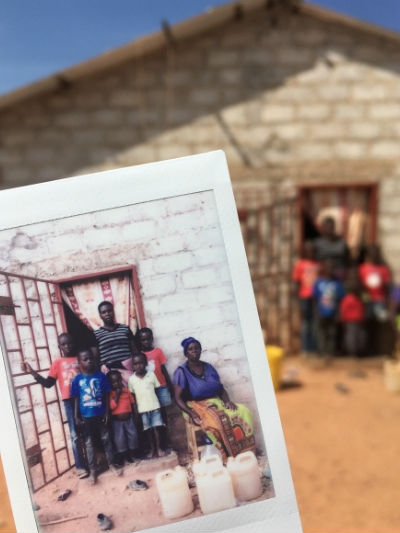
Irene (pictured below) took us through her community and explained how she and the team of volunteer community health workers were working to protect their community. Trained by Oxfam, they walk tirelessly from door to door, sharing cholera prevention information and telling people what to do if they suspect a case. The community clearly respected and valued her, shaking her hand and thanking her as we walked past.
When I asked Irene how this made her feel, she reached out to hold my hand and said, “I feel good. I am very happy to be a volunteer, we have no borders, I protect my community and my family, and I feel good.
“[One day] we were teaching, then we found one of our friends who had a child who was sick. They were vomiting and had diarrhoea.
“After teaching her, that person immediately got up with the child and went to the clinic.
“After three days the baby was discharged. So I felt happy because I managed to save the life of a person.”
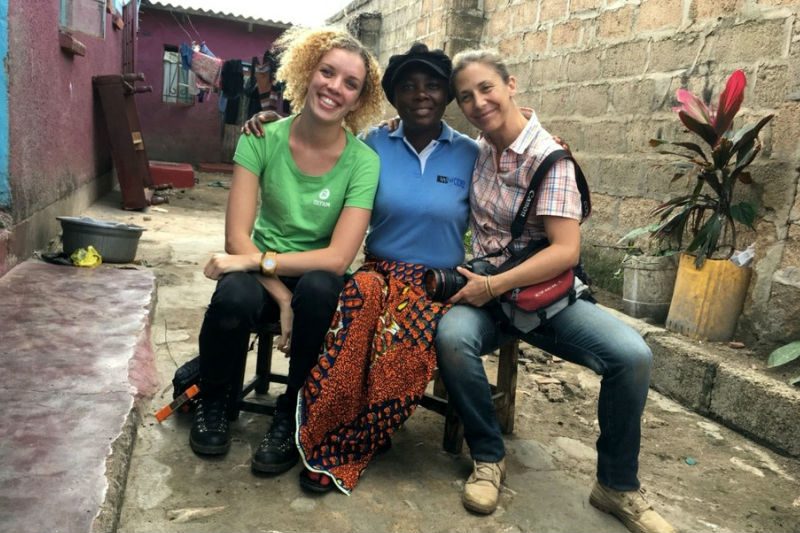
Dorothy helps to train women like Irene. She told me, “If the work of the volunteers wasn’t being done it could have been a big, big challenge, because we need to educate people. People should be aware that this cholera is real and it’s killing people.
“We were giving door-to-door education and as we taught them, we would give them chlorine [to treat their water].
“As for the long term, I think if people can have safe water and even good toilets, then we can see that we won’t have these cases of cholera.
“I am very grateful to Oxfam for what they are doing. They should continue.”
Words like this — full of thanks and hope for this important work to continue — were showered on us during our visit. I think of these women and their families all the time, and sincerely hope they can keep safe from cholera when the rainy season starts again.
Warm wishes,
Kate, Oxfam Australia
Photos: Georgina Goodwin/OxfamAUS
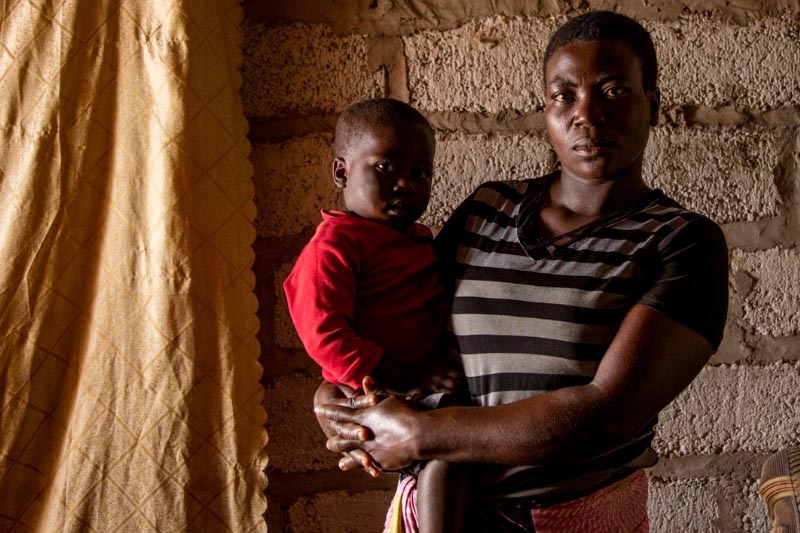
Donate today to help save lives from cholera
Your gift can help provide access to clean water and sanitation for families in Zambia before cholera season hits.
